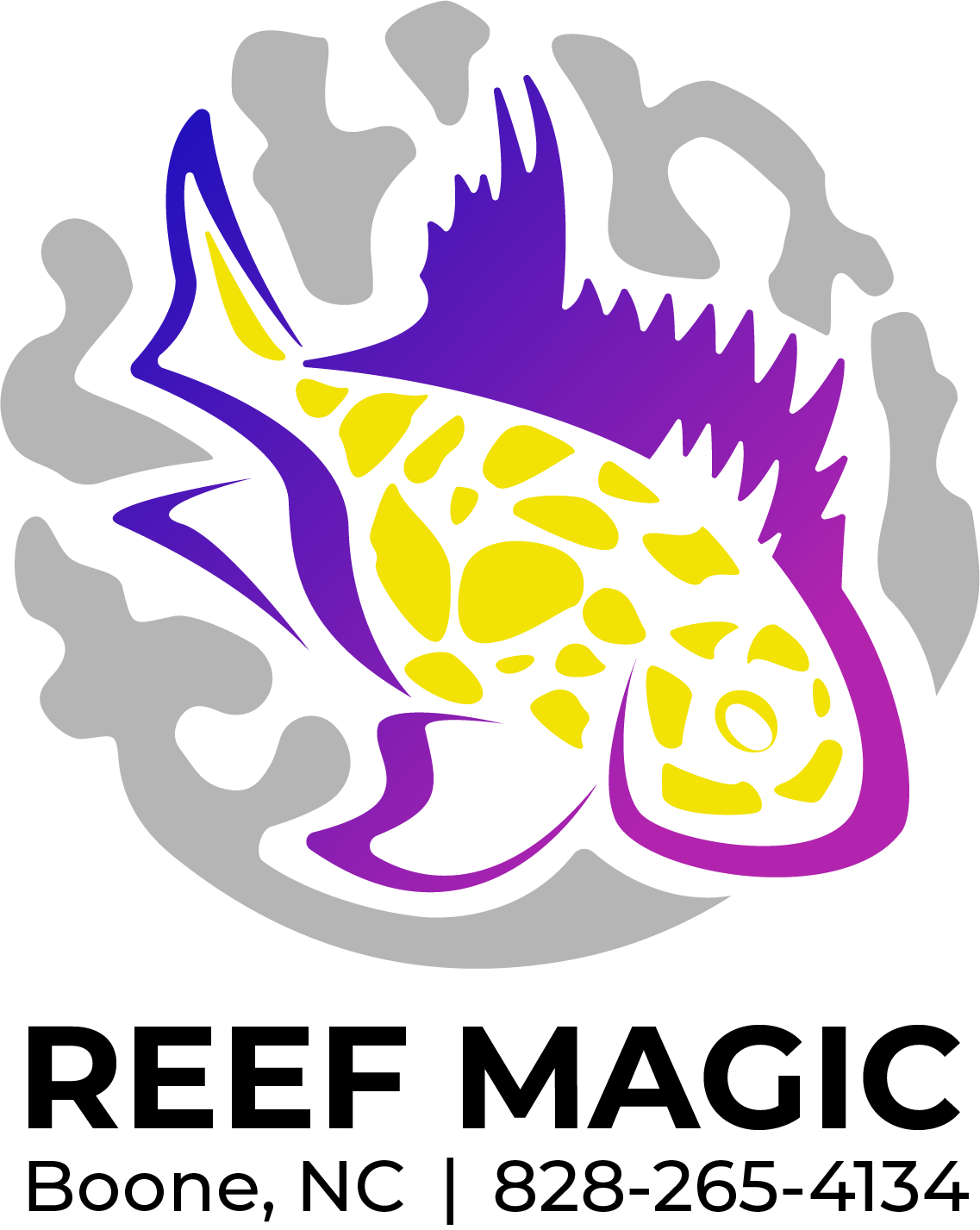Birdsnest - Pink
Bird's Nest corals, scientifically known as Seriatopora, are popular SPS (Small Polyp Stony) corals. Here are care tips for Bird's Nest corals:
Water Parameters: Temperature: 74-80°F (23-27°C), Salinity: 1.025-1.026, pH: 8.1-8.4, Calcium: 400-450 ppm, Alkalinity: 7-9 dKH.
Lighting and Placement: Bird's Nest corals require high-intensity lighting, such as metal halides, T5, or LED lights. Place them in the upper to middle part of the aquarium, as they prefer higher lighting levels. Ensure moderate to strong water flow around the coral to carry away waste and provide nutrients.
Feeding: Bird's Nest corals primarily obtain nutrition through photosynthesis from symbiotic algae called zooxanthellae. However, they can also benefit from supplemental feeding. You can target feed them with small meaty foods like brine shrimp, mysis shrimp, or coral-specific liquid or powdered foods. Feed them once a week or every two weeks.
Fun Fact: Bird's Nest corals are named for their intricate, branching structures that resemble the shape of bird's nests. They come in various colors, including green, pink, purple, and brown. These corals can grow rapidly under optimal conditions.
Maintain stable water parameters, ensure proper lighting and water flow, and regularly monitor the health of your Bird's Nest corals. Remember to give them enough space to grow and avoid placing them too close to other aggressive corals to prevent stinging or overcrowding.
Bird's Nest corals, scientifically known as Seriatopora, are popular SPS (Small Polyp Stony) corals. Here are care tips for Bird's Nest corals:
Water Parameters: Temperature: 74-80°F (23-27°C), Salinity: 1.025-1.026, pH: 8.1-8.4, Calcium: 400-450 ppm, Alkalinity: 7-9 dKH.
Lighting and Placement: Bird's Nest corals require high-intensity lighting, such as metal halides, T5, or LED lights. Place them in the upper to middle part of the aquarium, as they prefer higher lighting levels. Ensure moderate to strong water flow around the coral to carry away waste and provide nutrients.
Feeding: Bird's Nest corals primarily obtain nutrition through photosynthesis from symbiotic algae called zooxanthellae. However, they can also benefit from supplemental feeding. You can target feed them with small meaty foods like brine shrimp, mysis shrimp, or coral-specific liquid or powdered foods. Feed them once a week or every two weeks.
Fun Fact: Bird's Nest corals are named for their intricate, branching structures that resemble the shape of bird's nests. They come in various colors, including green, pink, purple, and brown. These corals can grow rapidly under optimal conditions.
Maintain stable water parameters, ensure proper lighting and water flow, and regularly monitor the health of your Bird's Nest corals. Remember to give them enough space to grow and avoid placing them too close to other aggressive corals to prevent stinging or overcrowding.
Bird's Nest corals, scientifically known as Seriatopora, are popular SPS (Small Polyp Stony) corals. Here are care tips for Bird's Nest corals:
Water Parameters: Temperature: 74-80°F (23-27°C), Salinity: 1.025-1.026, pH: 8.1-8.4, Calcium: 400-450 ppm, Alkalinity: 7-9 dKH.
Lighting and Placement: Bird's Nest corals require high-intensity lighting, such as metal halides, T5, or LED lights. Place them in the upper to middle part of the aquarium, as they prefer higher lighting levels. Ensure moderate to strong water flow around the coral to carry away waste and provide nutrients.
Feeding: Bird's Nest corals primarily obtain nutrition through photosynthesis from symbiotic algae called zooxanthellae. However, they can also benefit from supplemental feeding. You can target feed them with small meaty foods like brine shrimp, mysis shrimp, or coral-specific liquid or powdered foods. Feed them once a week or every two weeks.
Fun Fact: Bird's Nest corals are named for their intricate, branching structures that resemble the shape of bird's nests. They come in various colors, including green, pink, purple, and brown. These corals can grow rapidly under optimal conditions.
Maintain stable water parameters, ensure proper lighting and water flow, and regularly monitor the health of your Bird's Nest corals. Remember to give them enough space to grow and avoid placing them too close to other aggressive corals to prevent stinging or overcrowding.


